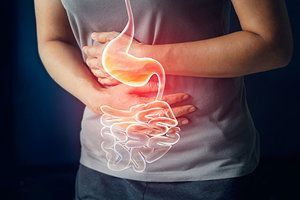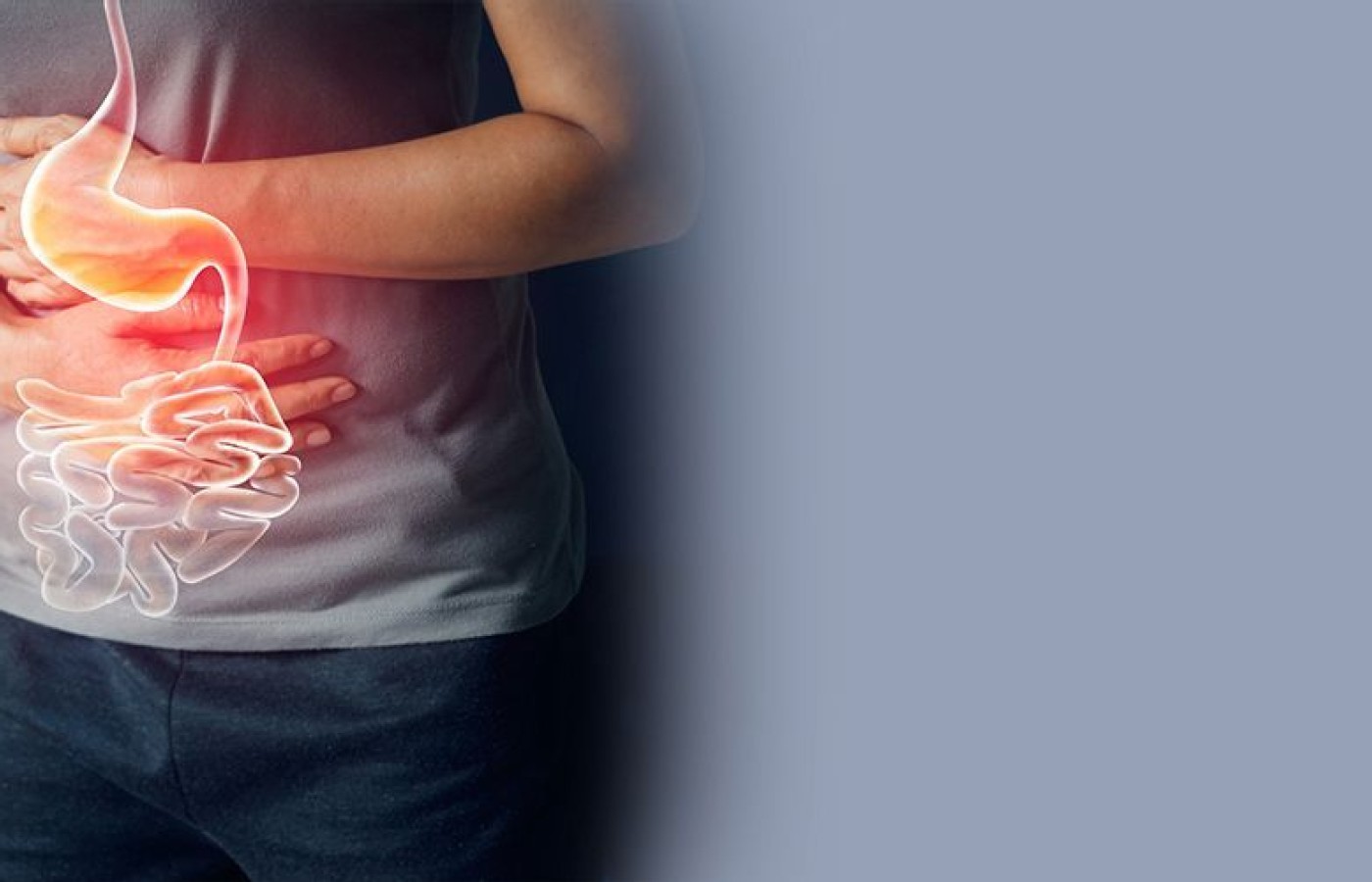The most important relationship I seek to nurture in the treatment room is the one a patient has with their own body. We live in a culture that teaches us to override pain, defer to outside authority, and push through discomfort. Patients often arrive hoping I can “fix” them, but the truth is, we can’t do the work for them. We can offer guidance, insight and support, but healing requires their full participation.
Acupuncture for Natural Relief of Indigestion
Zantac, the brand-name medication widely used for indigestion and heartburn, has been in the news lately, and as we've increasingly come to expect with many medications, not for a good reason. Late last year, the Food and Drug Administration found unacceptable levels of a cancer-causing compound, nitrosodimethlyamine in both Zantac and its generic equivalents (apparently drugs can have acceptable levels of cancer-causing compounds), prompting worldwide recalls and litigation.
Fortunately, a safer, natural alternative to medication has also been in the news lately: acupuncture. In fact, a new study published in the Annals of Internal Medicine found that 12 treatments (three per week for four weeks) helped relieve postprandial distress syndrome – a common type of chronic indigestion that includes symptoms such as postprandial fullness, upper abdominal bloating, and early satiation when eating.
Researchers compared acupuncture with sham treatments among 278 patients ages 18-65, all of whom had been diagnosed with postprandial distress syndrome. In the acupuncture group, more than 80 percent responded to treatments by the four-week mark, compared to just over 50 percent in the sham group. Nearly 30 percent reported complete elimination of their primary symptoms (27.8 percent) versus only 17.3 percent of sham group participants.

According to findings, these benefits were maintained during 12 weeks of follow-up. Researchers also stated, "[t]here were no serious adverse events" – a claim that apparently can't be made with Zantac and similar medications these days.
Source: Wang J-W, et al. Effect of acupuncture for postprandial distress syndrome: a randomized clinical trial. Ann Intern Med, 2020 May 12 (online first).



